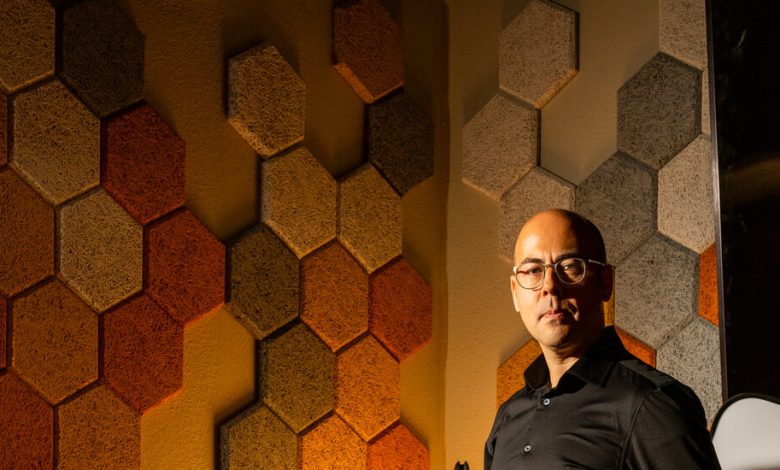The Architects of Hades Strive to Bewitch Gamers Again

When Supergiant Games was wrapping up Hades, a mythologically rich hack-and-slash dungeon crawler it had spent more than three years developing, the studio concluded it was not quite done. The game’s premise of being trapped in hell, which particularly resonated during the pandemic, had opened paths to untold stories about Greek lore.
It needed a sequel.
This was a plot twist for the small independent studio, which had always pursued new ideas — even after its debut game, Bastion, was an immediate hit that ultimately sold millions of copies. Although Hades won numerous industry accolades and prestigious Hugo and Nebula Awards, the decision to make Hades II was a hard one.
“Making a sequel to us, as well, was unexpected,” Greg Kasavin, the creative director of Supergiant, said at the company’s chic studio space in San Francisco ahead of the early access release of Hades II this month.
“We think they’re really quite tough,” he added. “To be able to surprise and delight the audience in the same way is quite a challenge.”
For big-budget triumphs like Mass Effect and Red Dead Redemption, a new installment is an obvious step toward building a lucrative franchise. But although some popular indie games, like Spelunky and Slay the Spire, have pursued sequels, it is a much less frequent route for smaller game makers. Rather than making decisions for shareholders, they often prioritize artists and designers who are eager to express their creativity.
